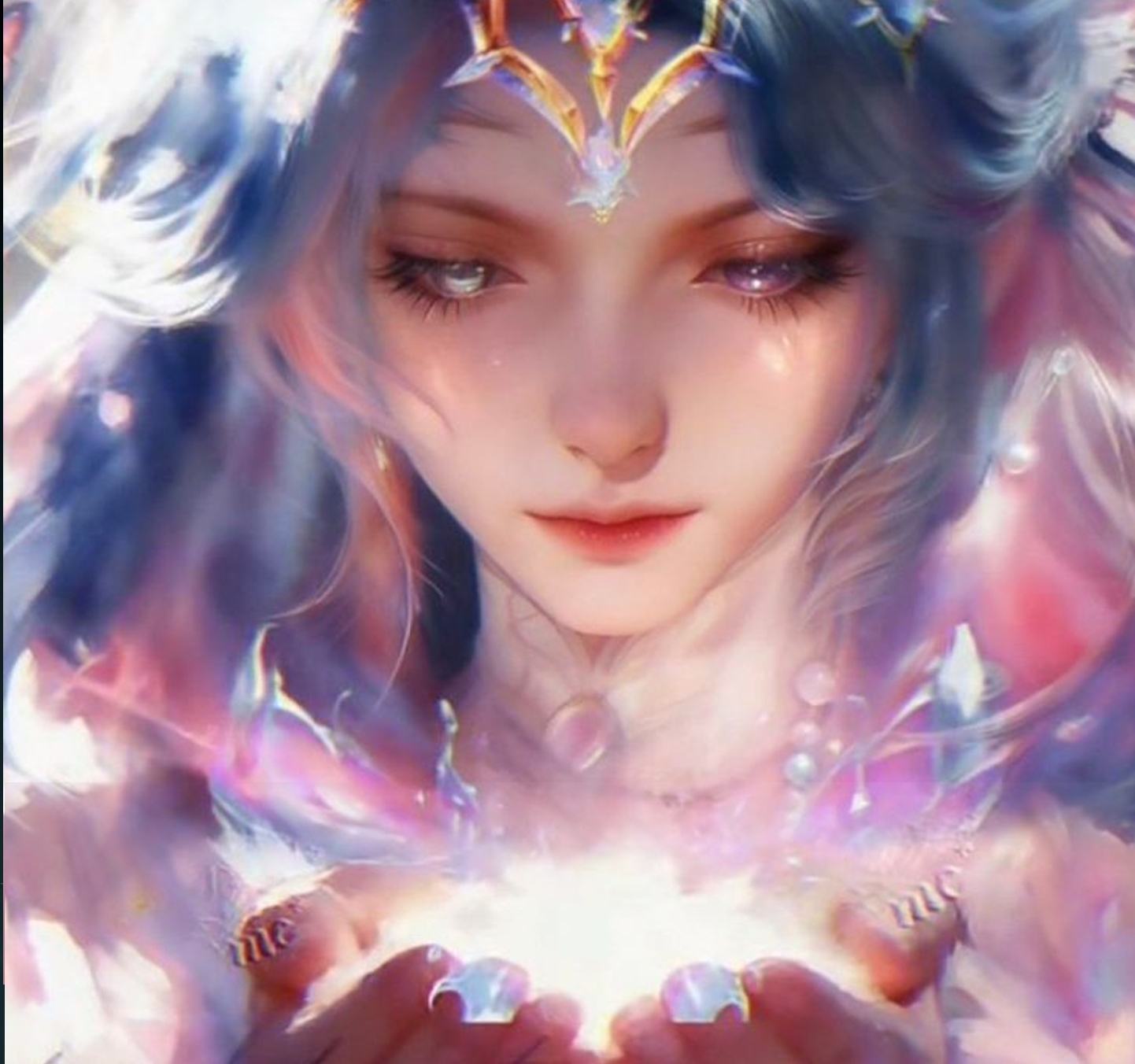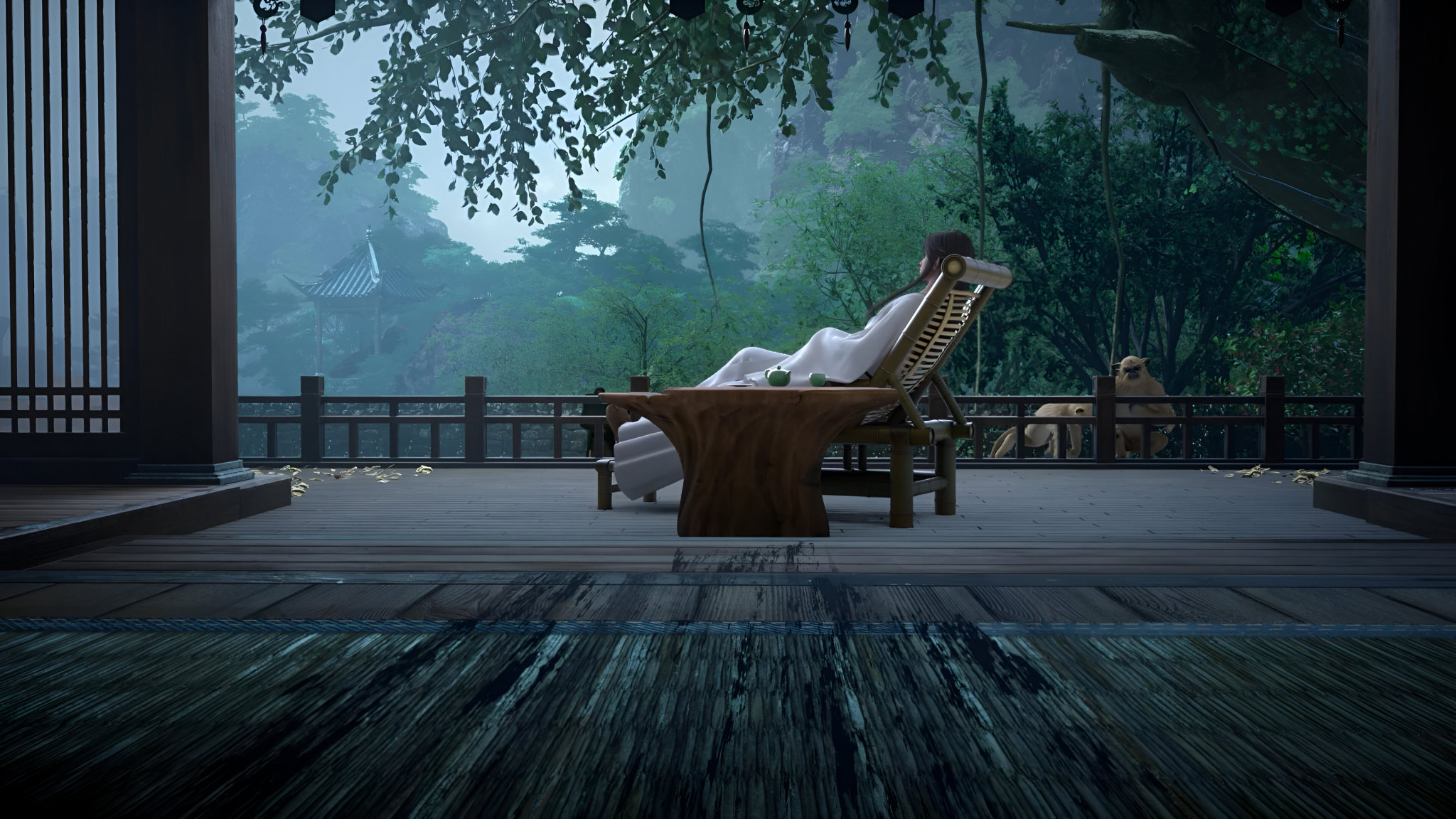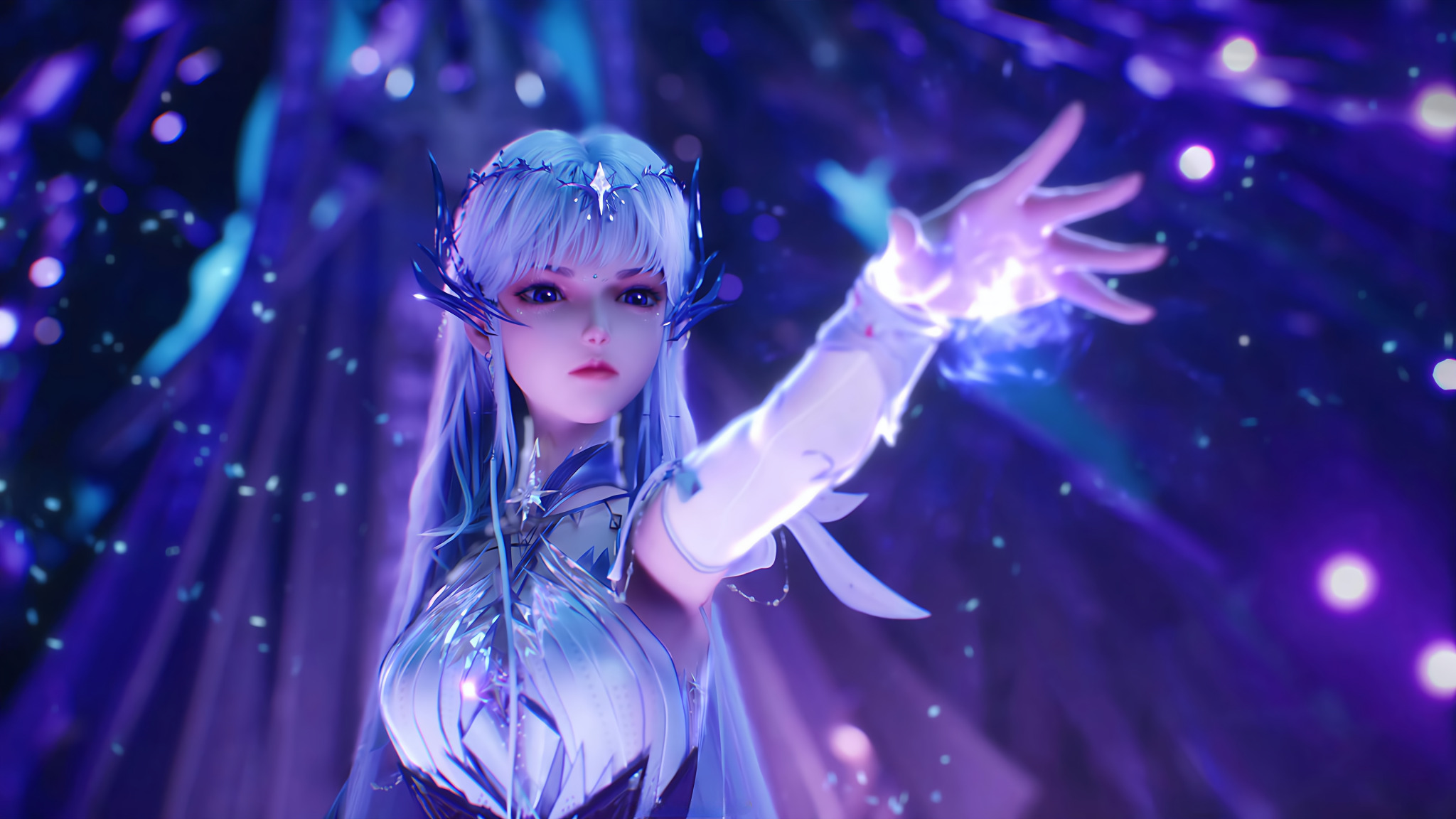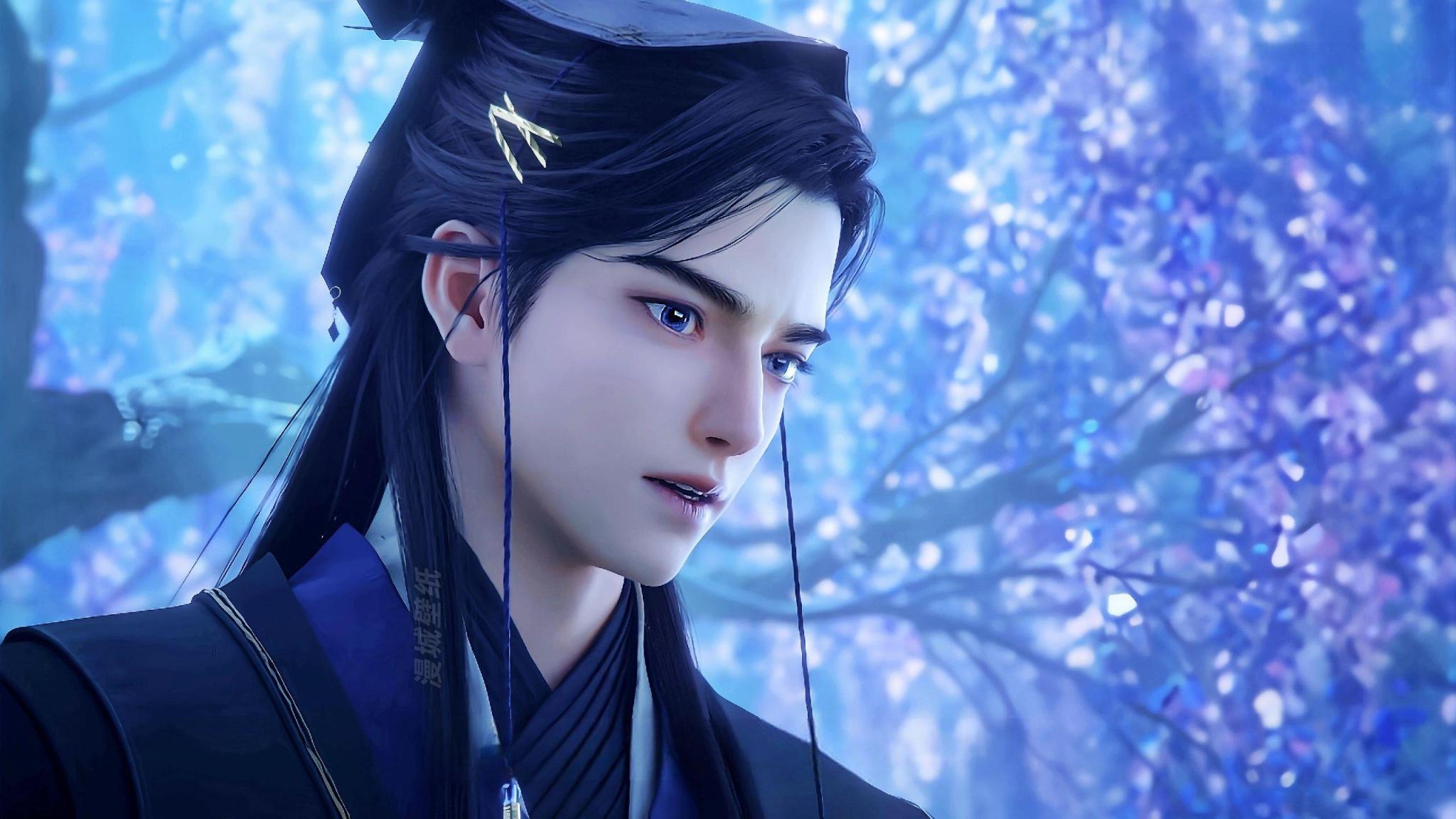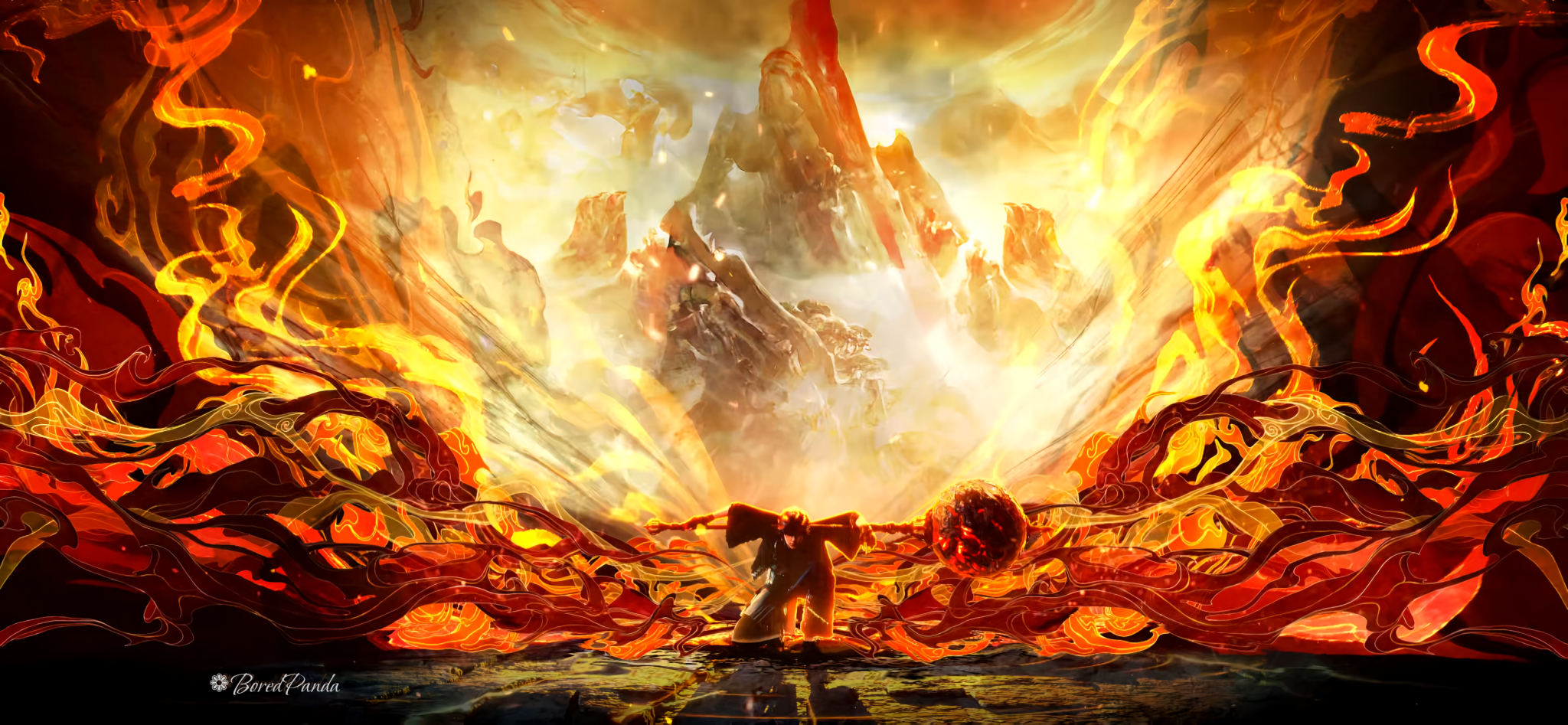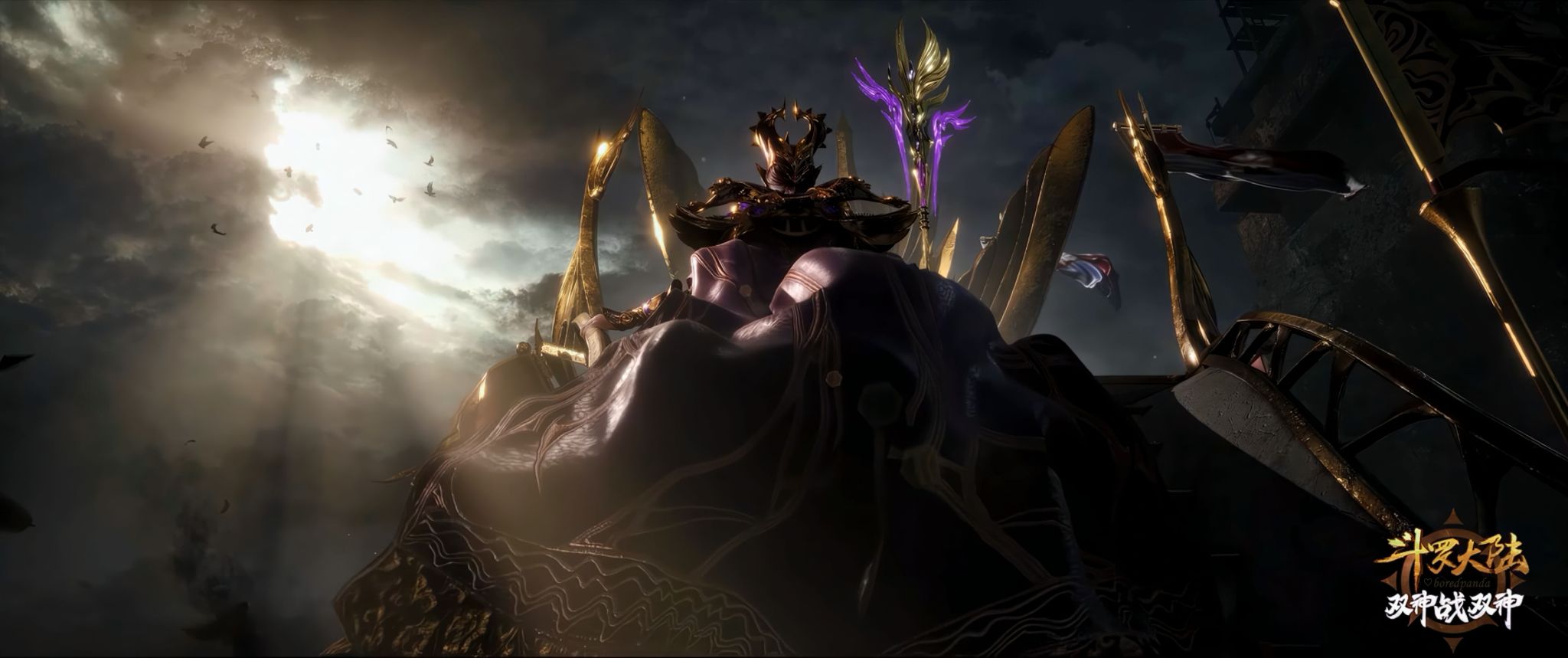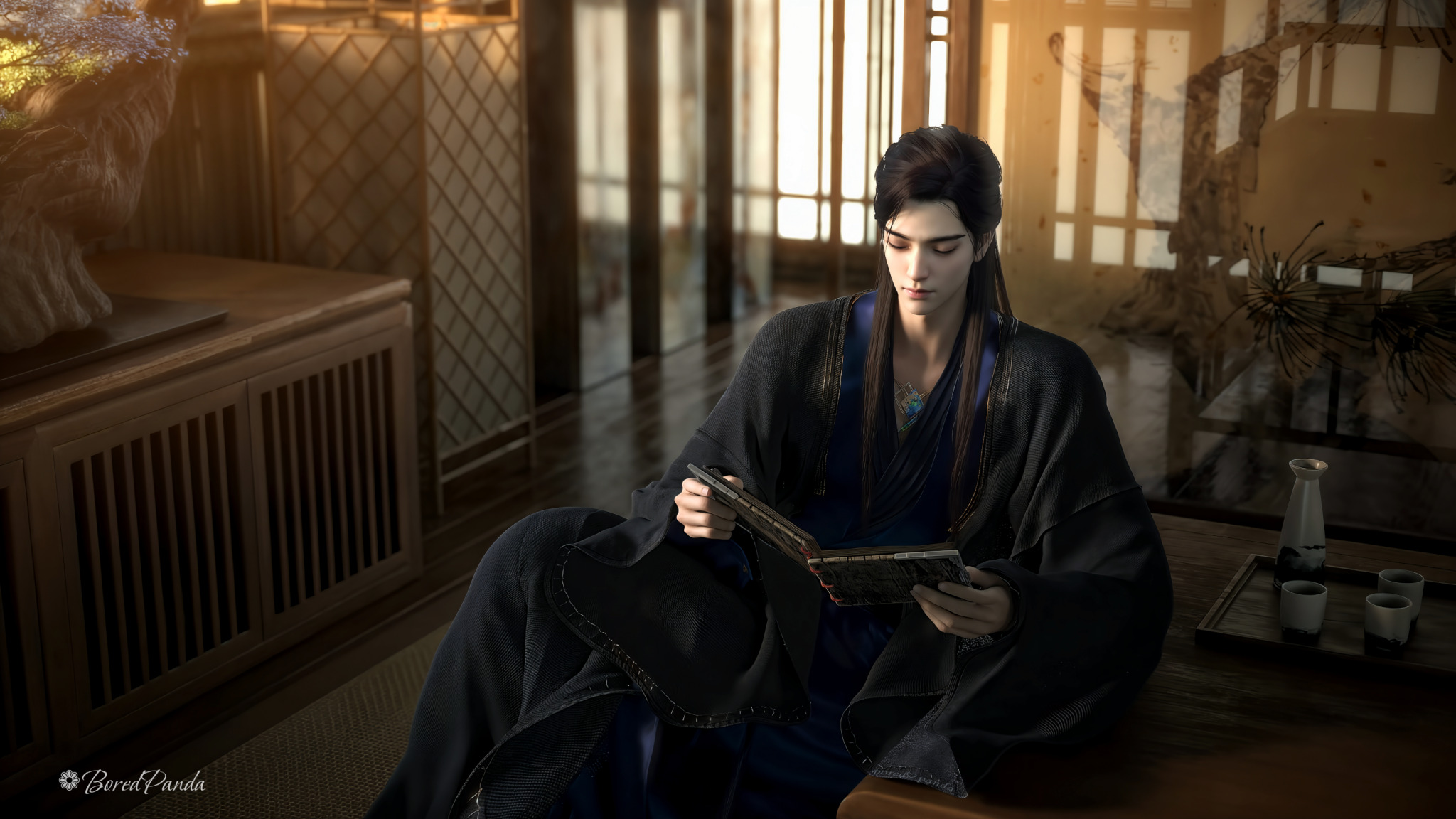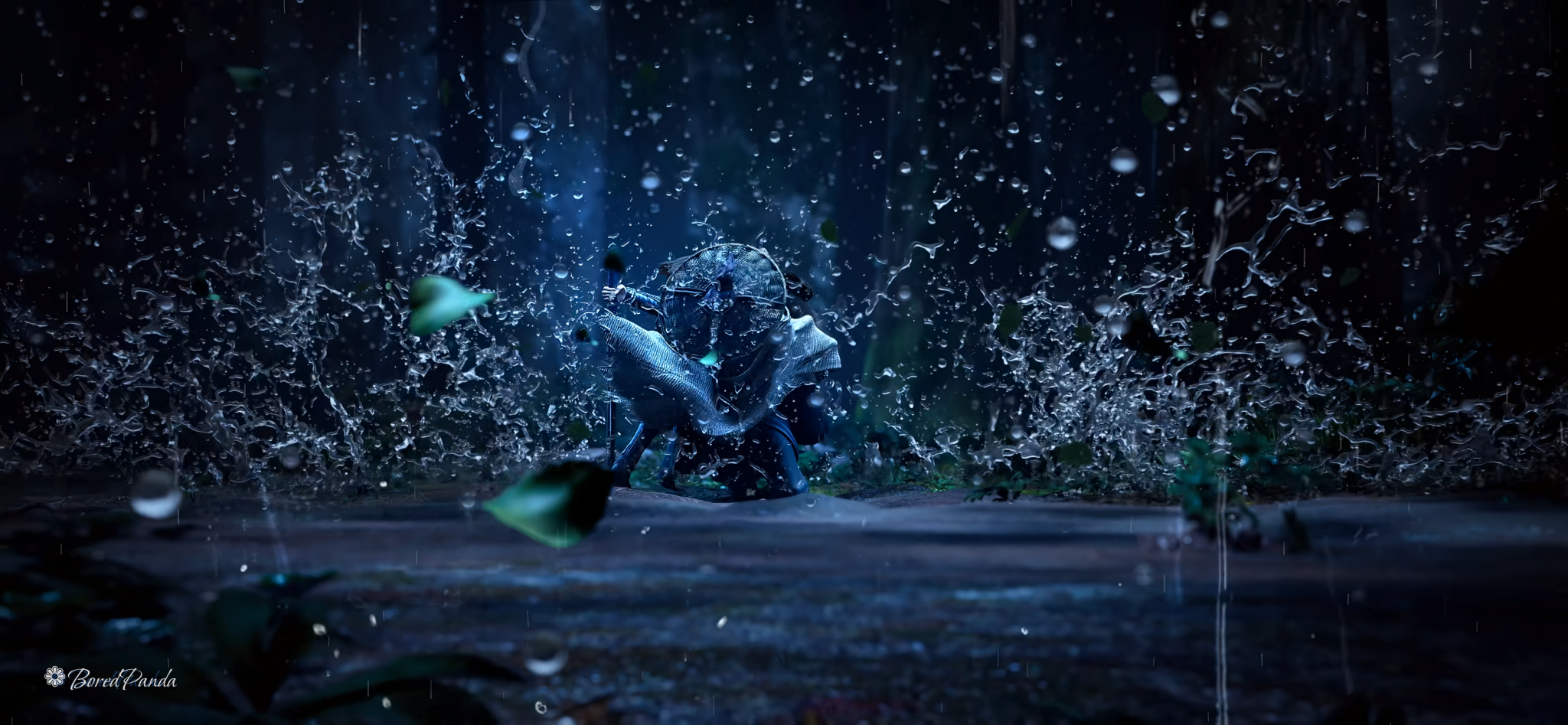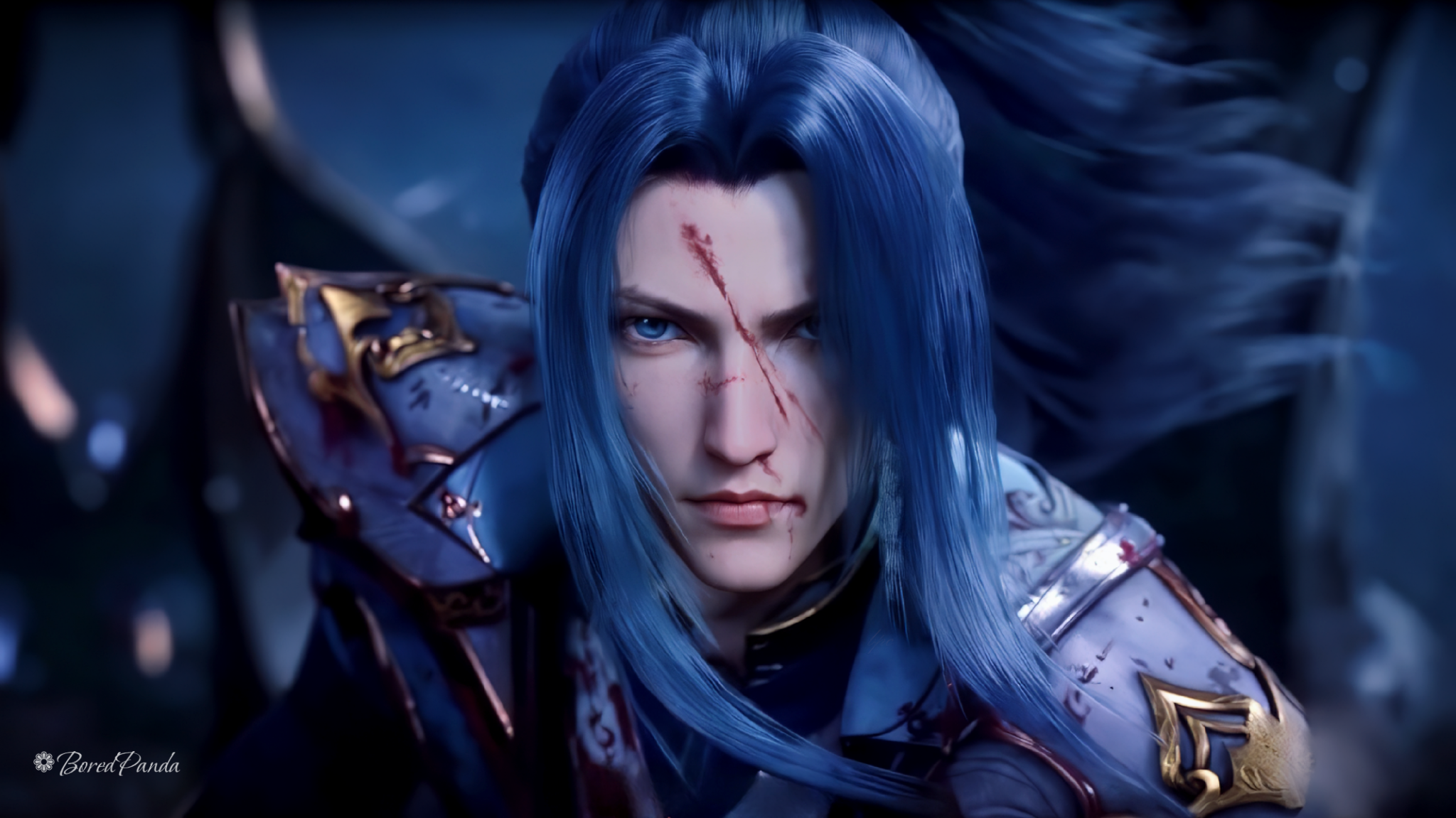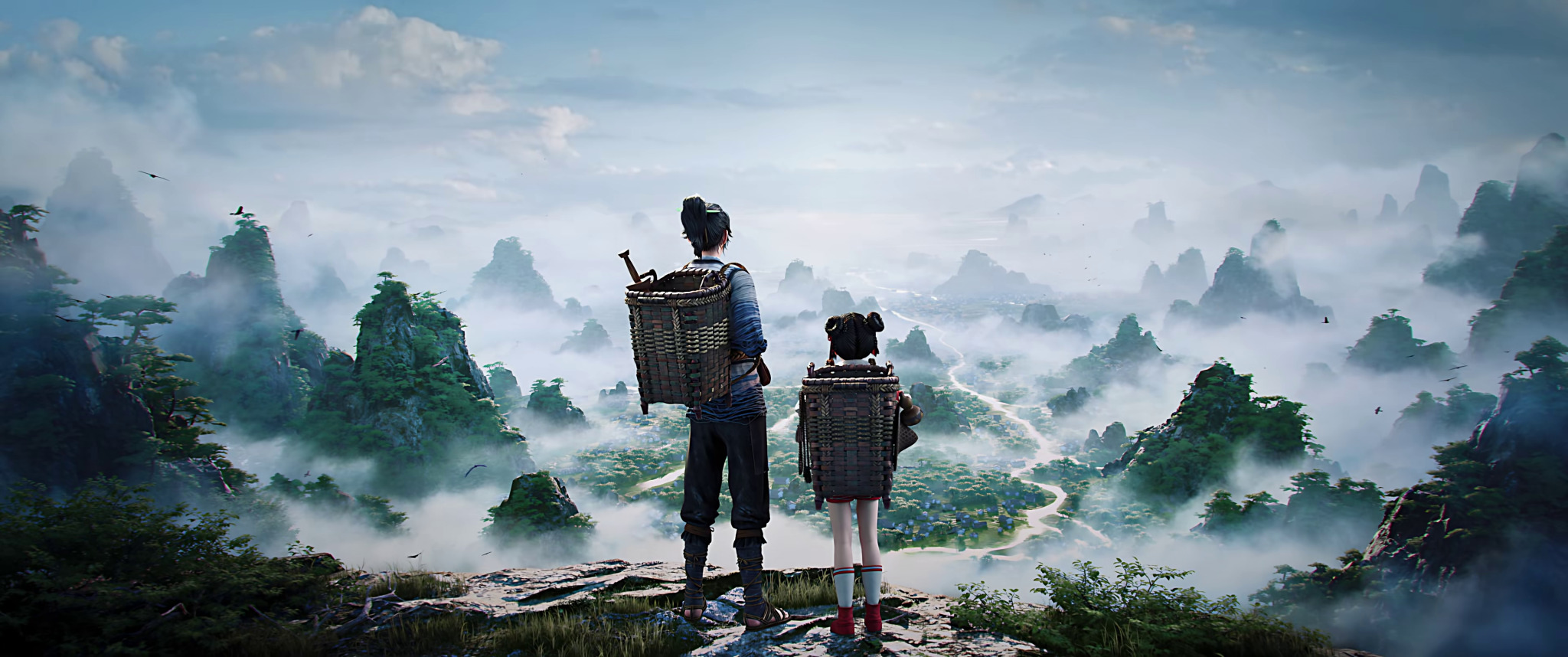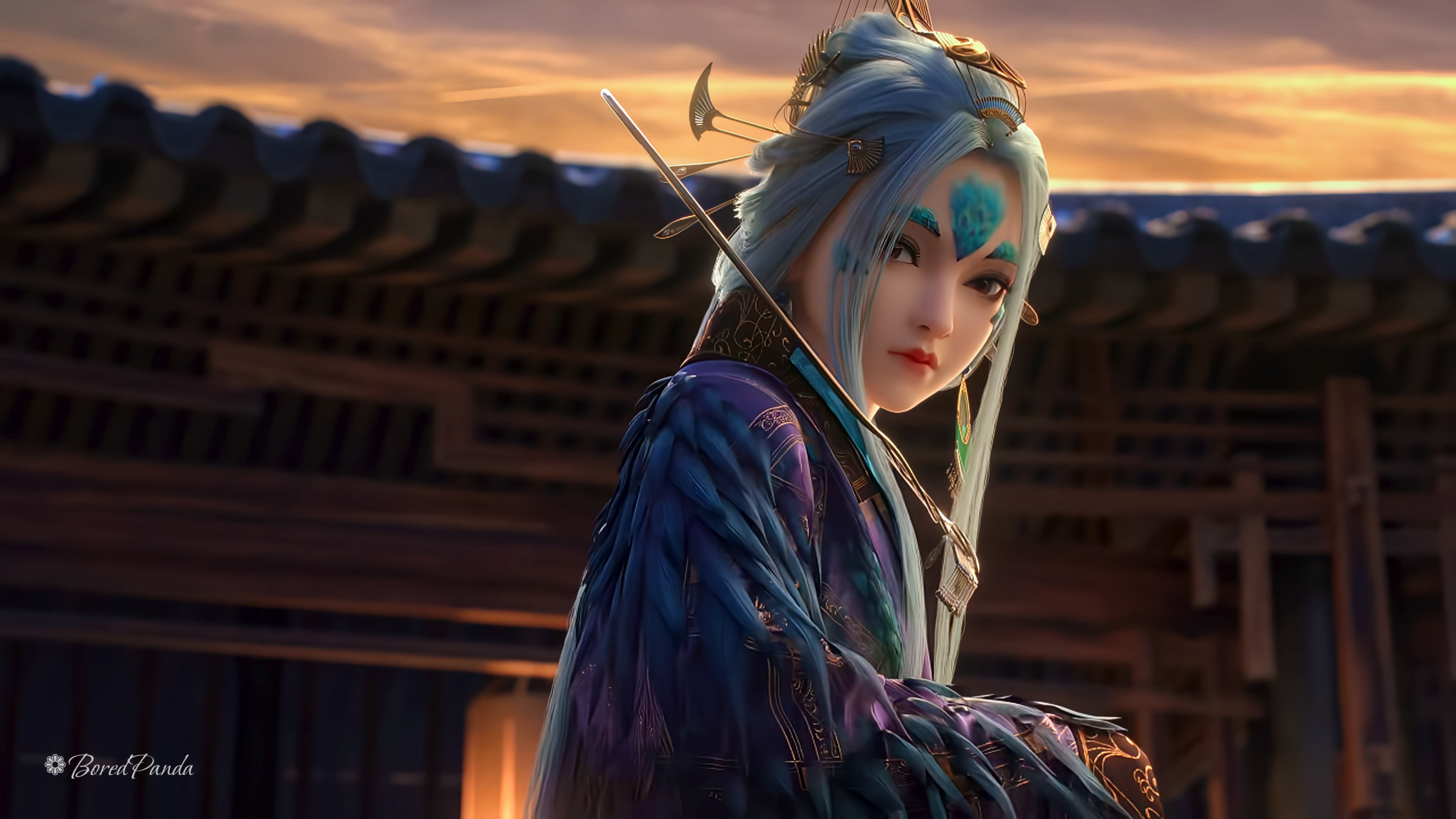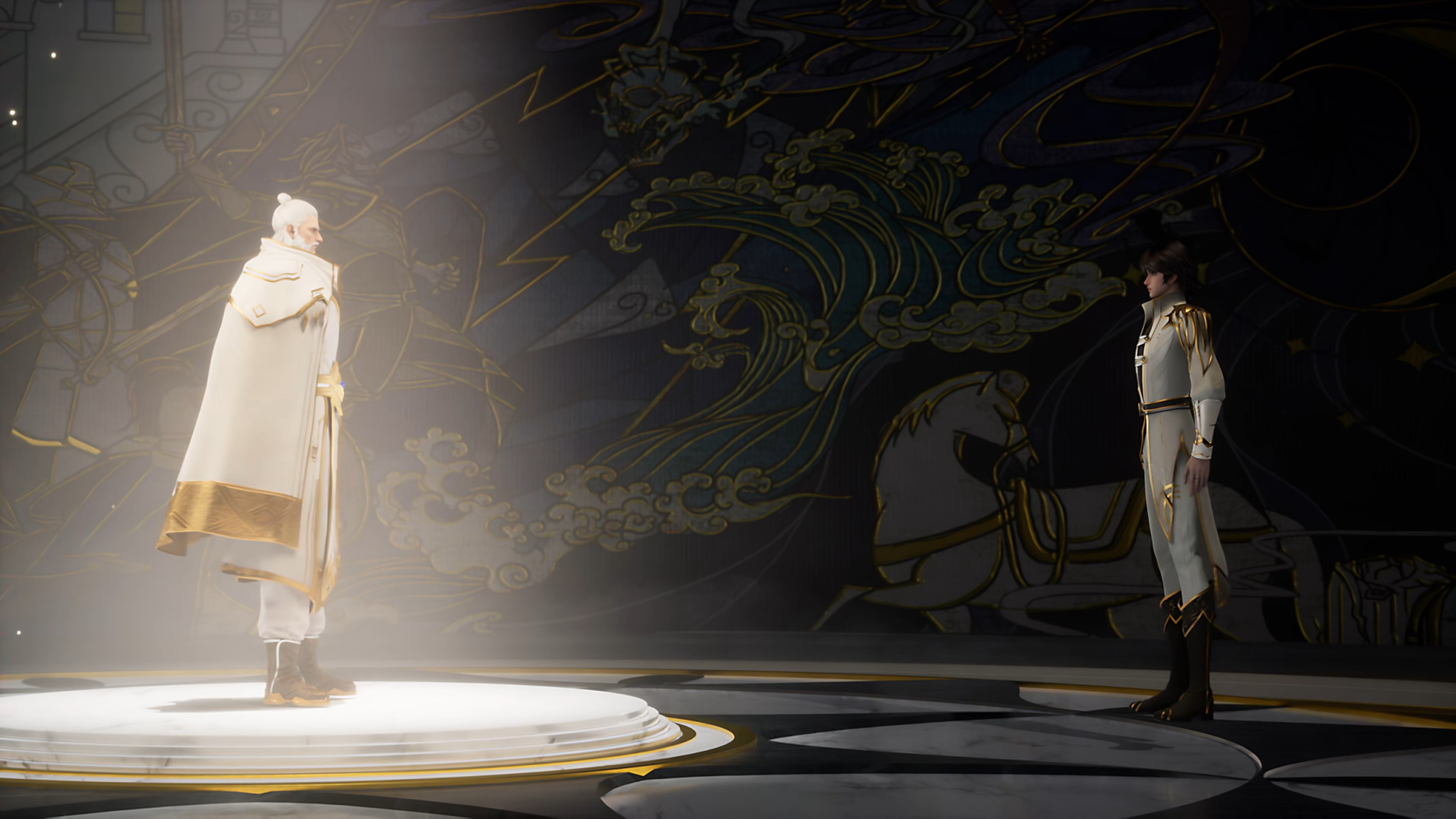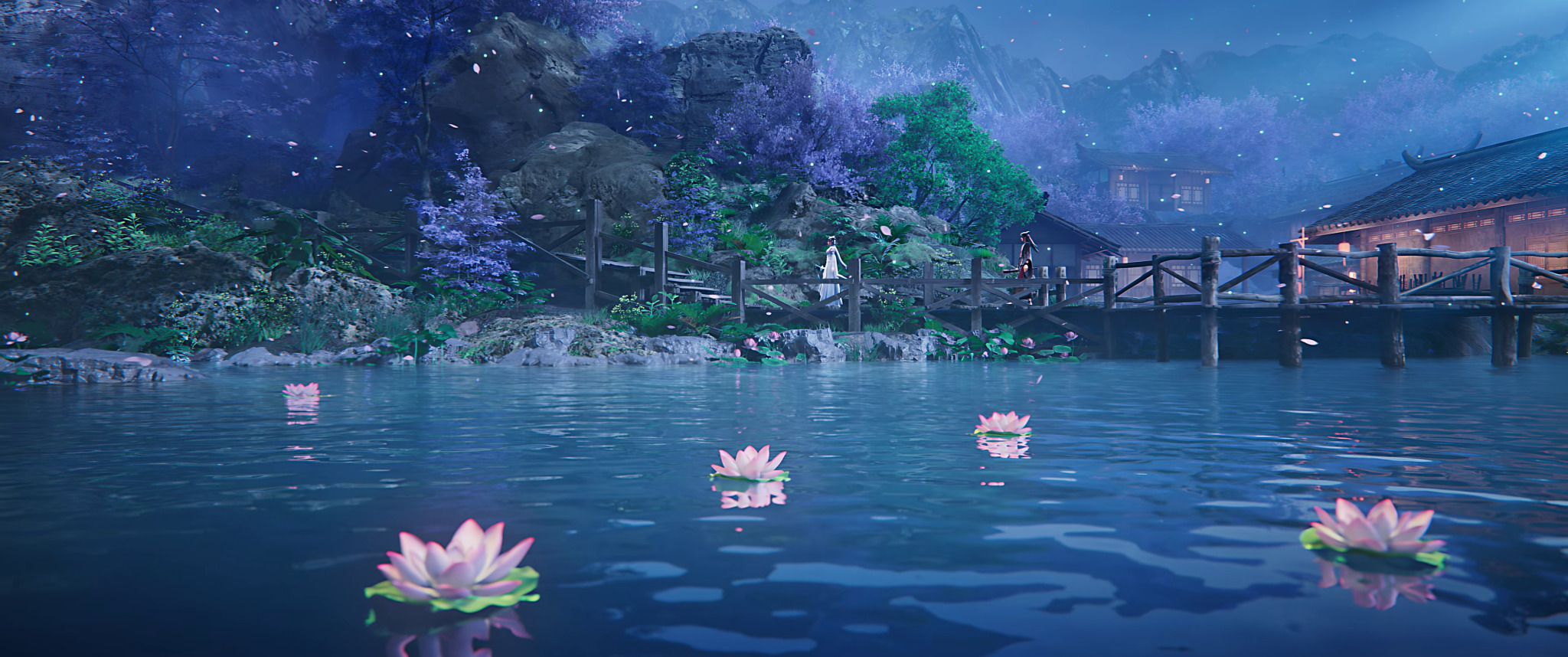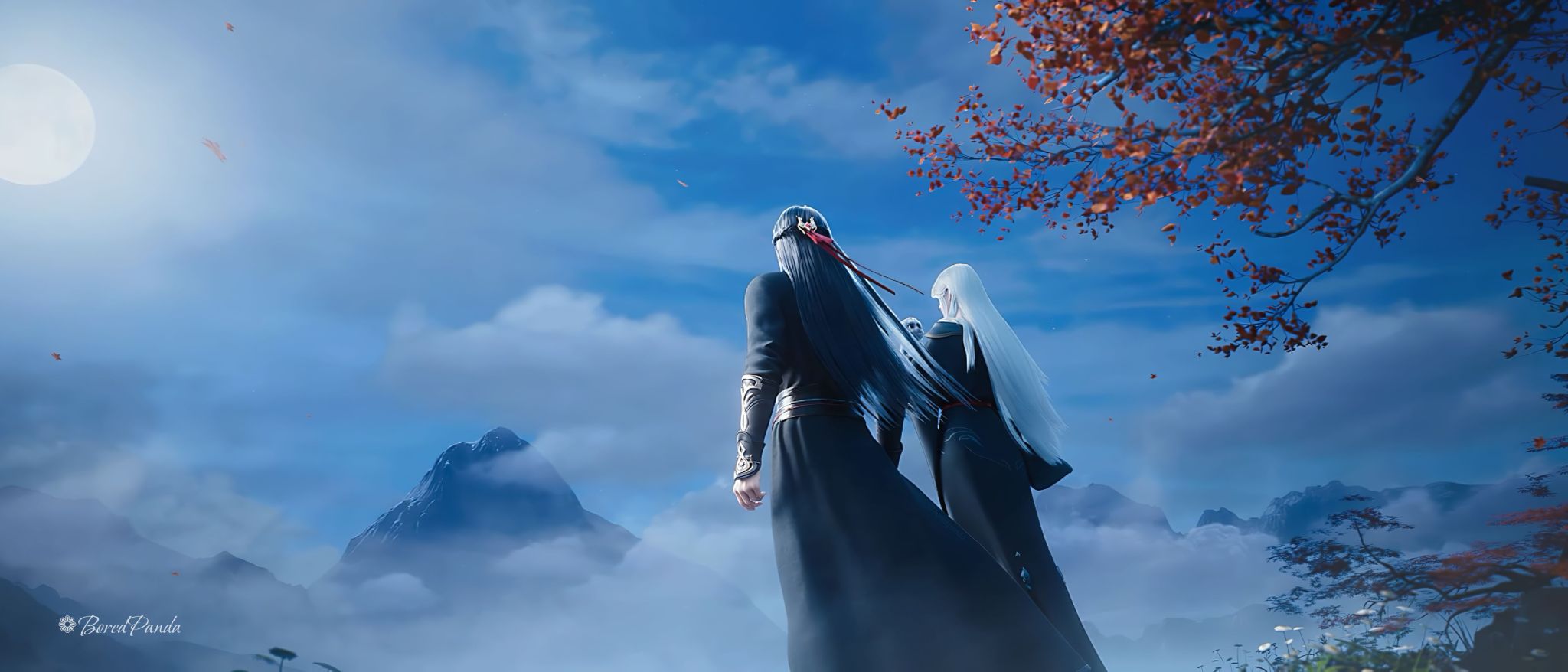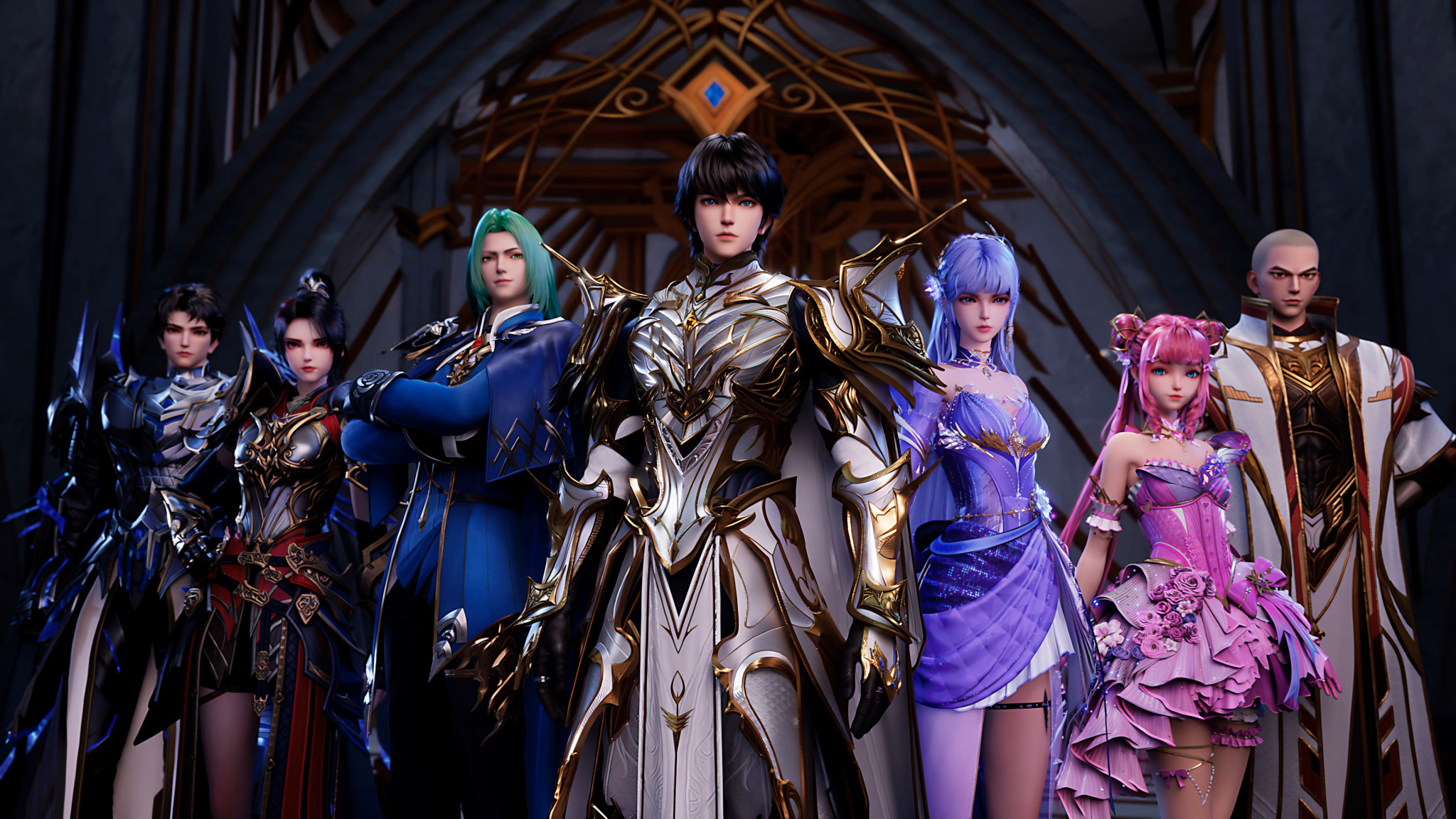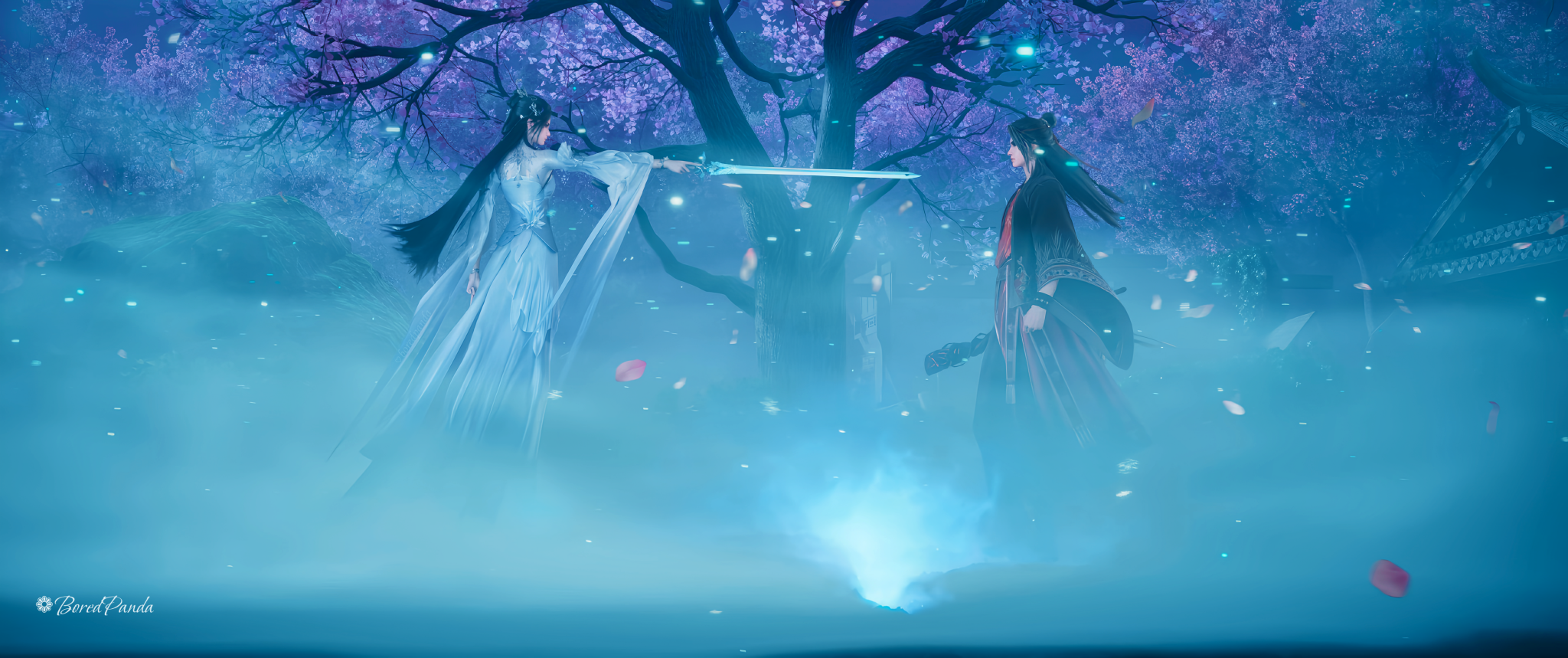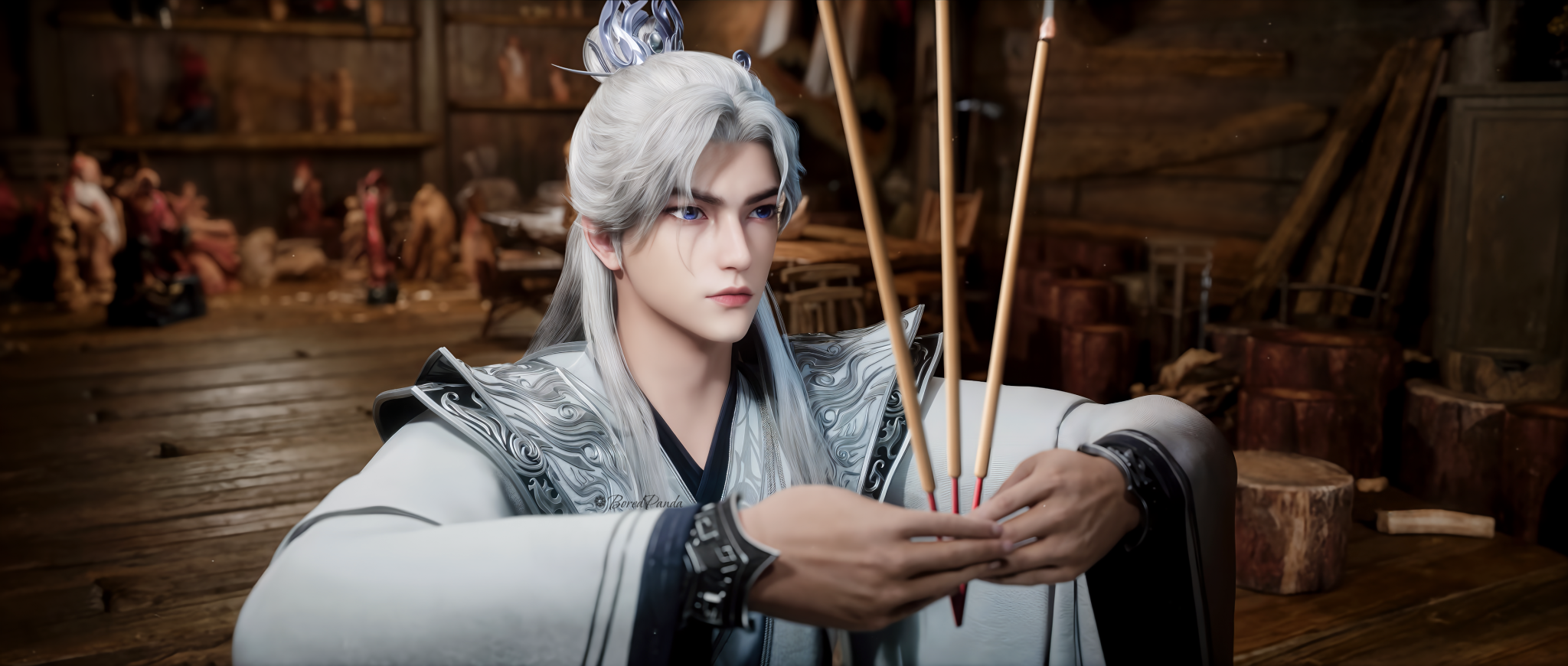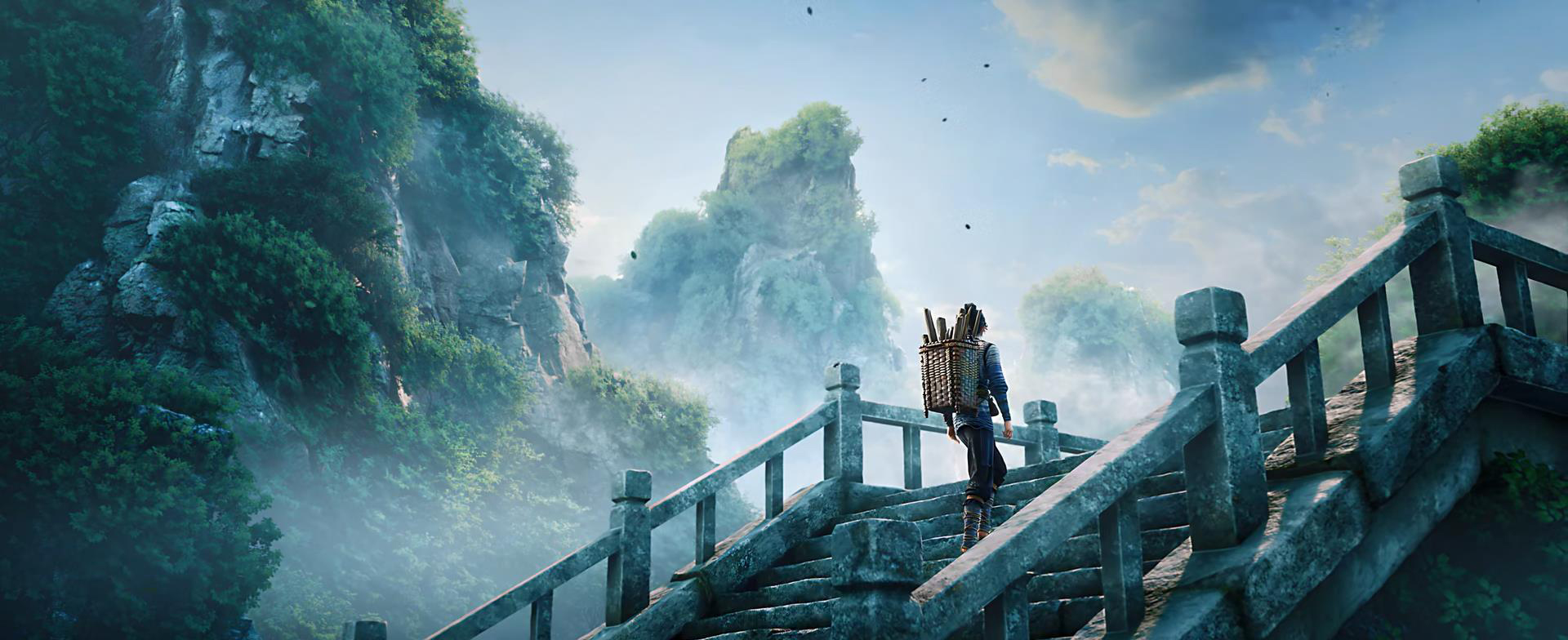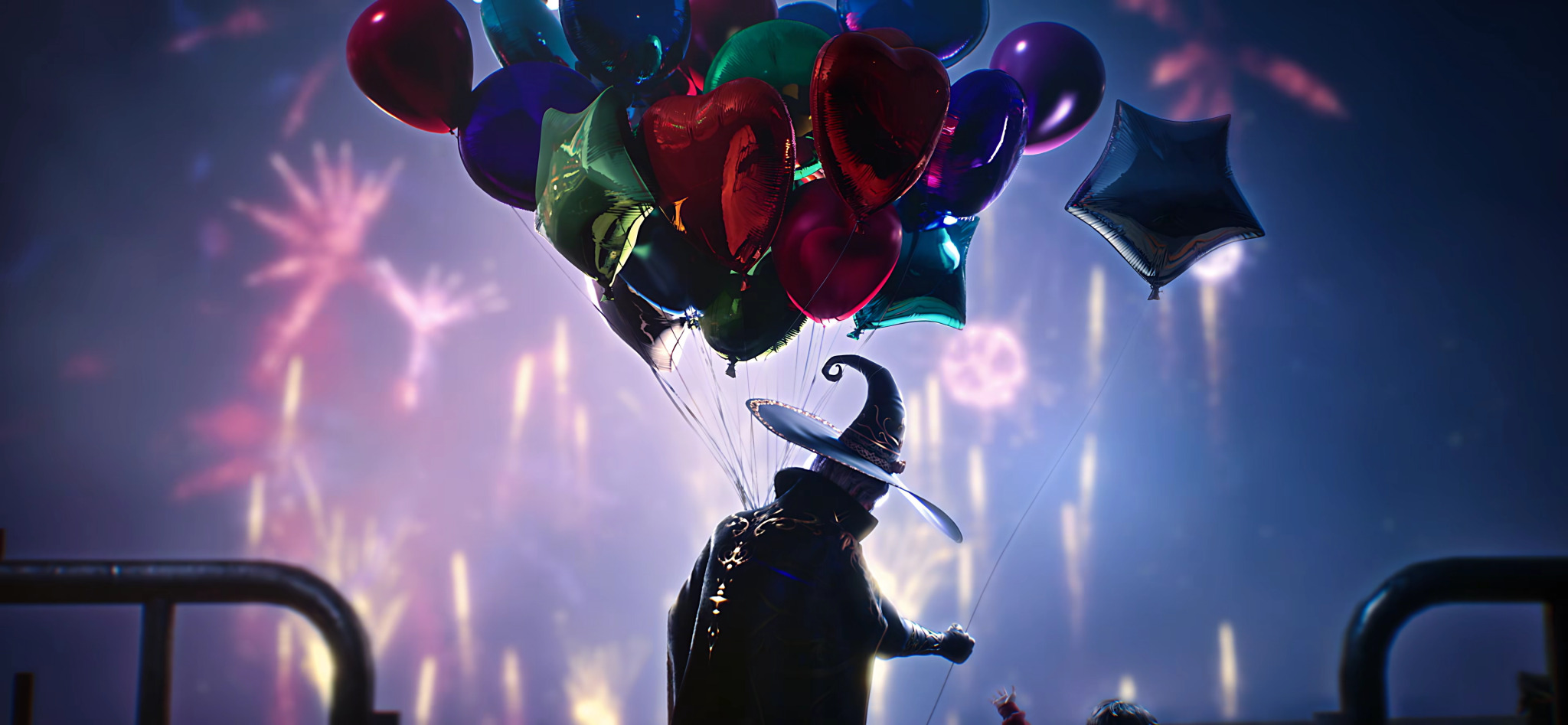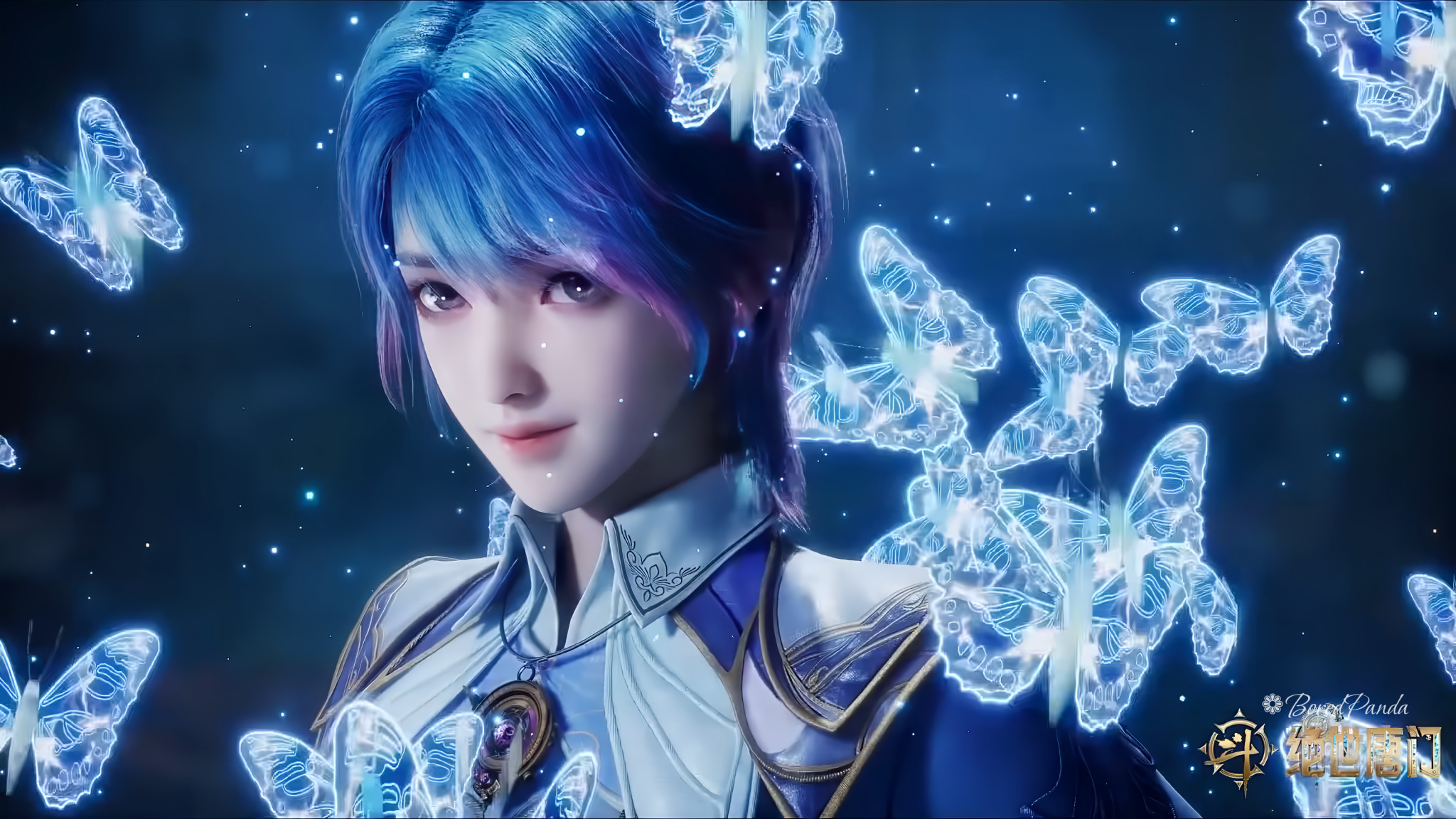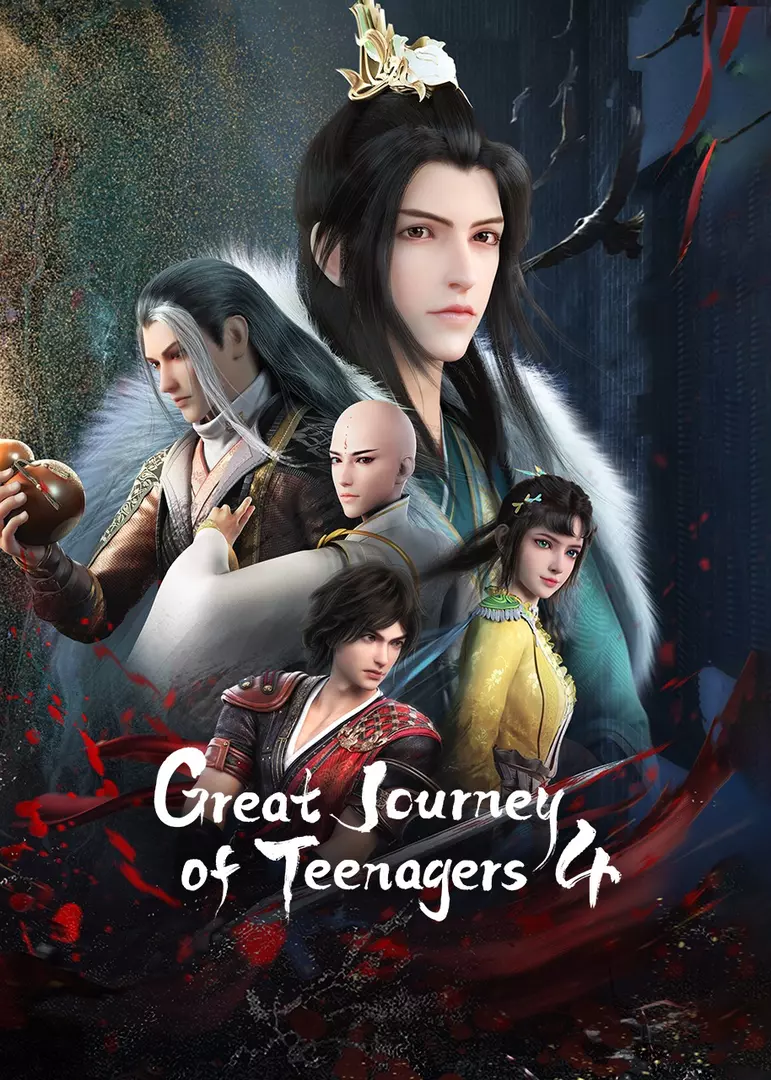If you jumped to the tl;dr, while all that was written about is interconnected, a special focus must be given to clans, since most of the times, in wuxia and xianxia, they're the main environment within which the plot unravels. In this context, Confucian values emphasize family hierarchy, filial piety, social order, and loyalty to the clan as an extension of moral duty. Clans serve as social units enforcing ethics, reputation, and ancestral veneration within an administrative area and among themselves.
Under the scope of daoism, it's a bit more loosely portrayed, sometimes as sects or lineages connected to mystical or spiritual knowledge, secret arts, or cultivation traditions. Fluidity and natural harmony within the clan can be themes (and there's much to this).
And finally, buddhism: less focused on the clan as a social unit, its influence is mostly through monks or spiritual leaders who provide guidance and teachings, encouraging detachment from worldly affairs, including clan rivalries.
So clans really act as a social vessel/environment where confucian values of duty and hierarchy manifest, daoist spiritual lineage and cultivation spread, and buddhist ethics sometimes challenge worldly attachments within the group. A great example of this, is the donghua Great Journey of Teenagers.
